The Man With 15,000 Pieces of Chopstick-Wrapper Origami
A restaurant job turned into a collecting passion.

We’ve all fiddled with our chopstick wrappers when eating out at an Asian restaurant. Creating a chopstick stand is common; folding the paper wrapper into a crane is a bit more advanced. In Japan, the practice is particularly widespread. So much so that six years ago, Yuki Tatsumi began collecting the little origami sculptures left behind, and now has around 15,000.

The massive project had a humble beginning. “My interest in collecting started when I was studying at university and working part-time at a restaurant,” says Tatsumi, who is now 27. As a “poor, hungry student,” he found clearing tables tedious. But one day, he picked up a tiny paper circle fashioned by a customer. It had been “transformed into a work of art,” Tatsumi says, and he was so struck by it that he slipped it into his pocket. He started keeping an eye out for chopstick wrapper origami and picking them off tabletops.

Soon, it became a passion. Tipping isn’t a common practice in Japan, but Tatsumi came to consider the tiny works of art as a symbol of appreciation from diners. “What I once considered trash had now become a treasure, a tip from the customer!” he says, adding that many Japanese people are taught origami as children. Keeping an eye out for the little sculptures made his job more enjoyable, and his collection grew to the point that he decided to go all-in. He called the project Japanese Tip, and traveled around Japan collecting chopstick-wrapper origami from restaurants. Some restaurateurs, Tatsumi told one news network, were befuddled that he wanted something destined for the trash. Yet in a year and a half, he collected 13,000 pieces. He’s still gathering them today, and currently has “about 15,000.”

Some of the pieces he’s gathered appear on his website. The designs range from flowers to dogs to geometric shapes: anything that can be created with a long, thin paper wrapper. “There are many birds,” Tatsumi says. Colors range from simple white to vibrant yellow, with some pieces carefully folded to highlight lettering or the wrapper’s printed design. Some are crude, while others have an elegance that belies their humble origins.

When hundreds of chopstick-wrapper origami are displayed together, the effect is extraordinary. While he is currently working in an aged-care facility in Kyoto, Tatsumi has started exhibiting the collection in Japan, with pieces pinned against white walls like so many colorful butterflies. In September 2018, Japanese Tip will leave the country for the first time and appear in South Korea. So there’s plenty of time to practice your chopstick-wrapper origami skills if Japanese Tip comes to a city near you.




Gastro Obscura covers the world’s most wondrous food and drink.
Sign up for our regular newsletter.















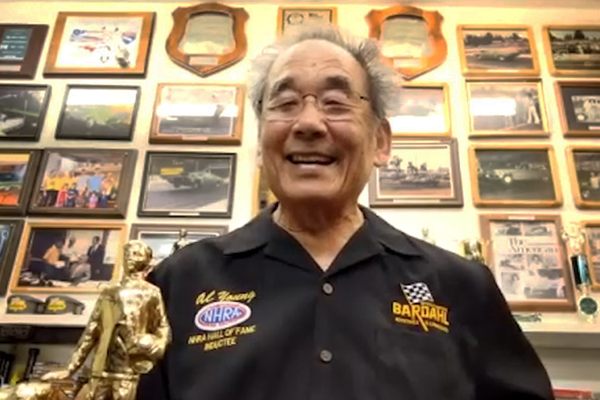
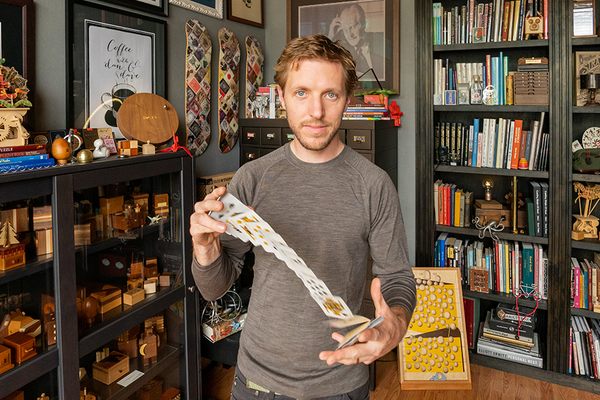




















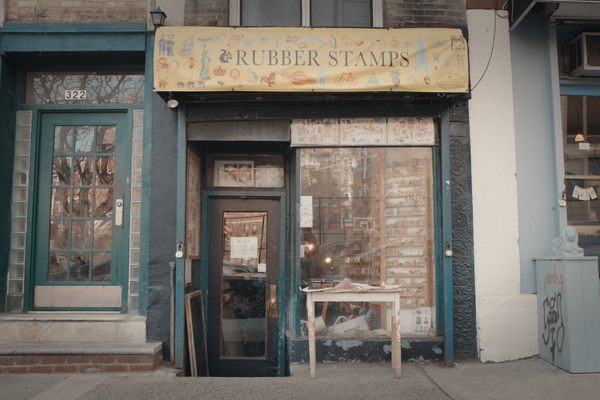



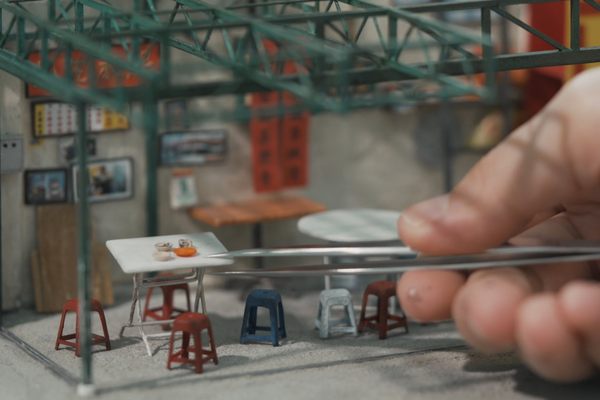









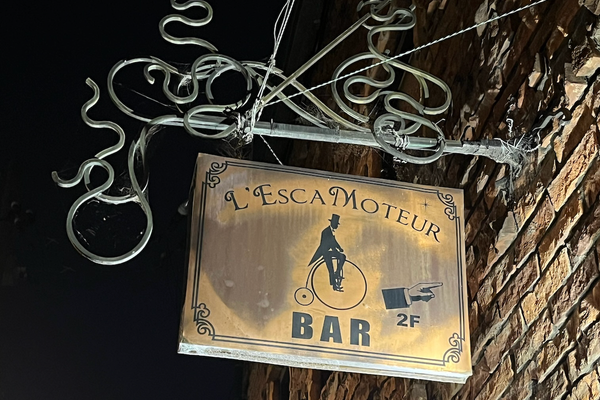





Follow us on Twitter to get the latest on the world's hidden wonders.
Like us on Facebook to get the latest on the world's hidden wonders.
Follow us on Twitter Like us on Facebook